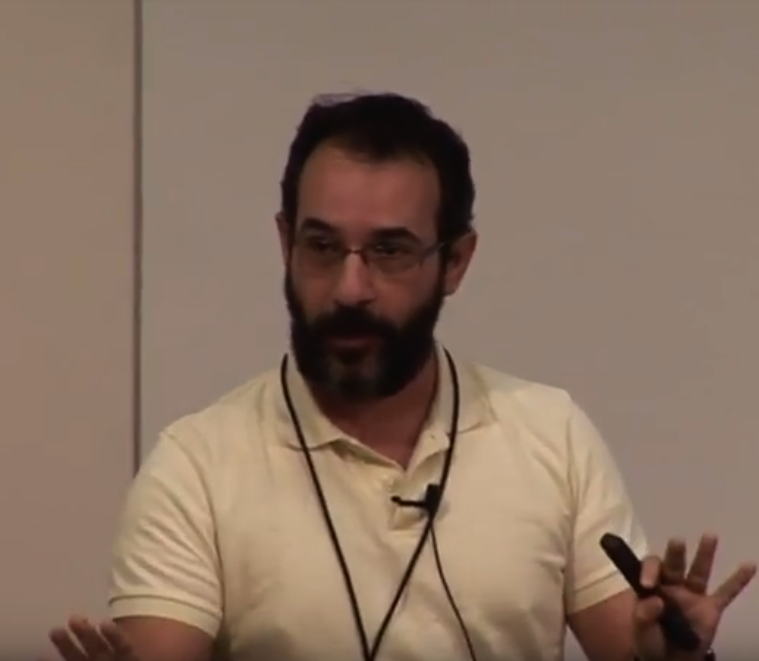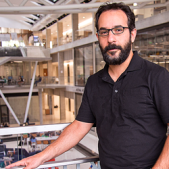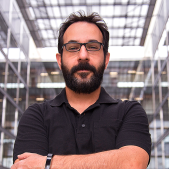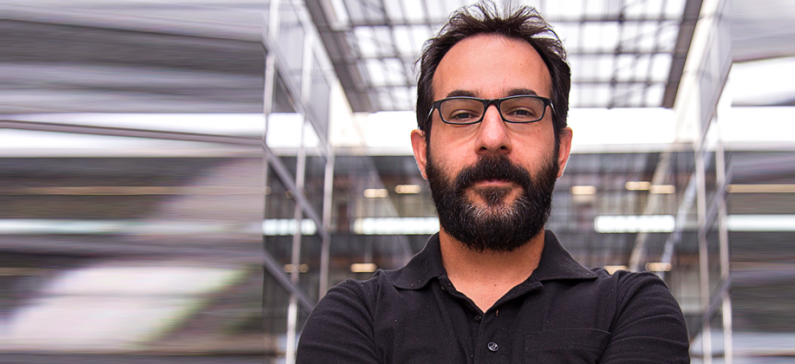
The Greek who has been awarded for his work on the Information Theory
Alex Dimakis is an Associate Professor and holds the Fluor Centennial Teaching Fellowship in Engineering #2 in the Electrical & Computer Engineering department at The University of Texas at Austin.
Prof. Dimakis received his Diploma degree from the National Technical University of Athens in 2003, the M.S. degree in 2005 in electrical engineering and computer sciences from UC Berkeley and his Ph.D. in 2008. During 2009, he was a CMI postdoctoral scholar at Caltech.
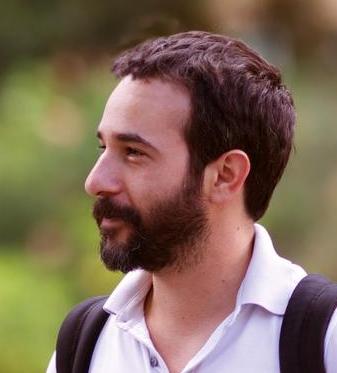
He is currently serving as an associate editor for IEEE Signal Processing Letters. He served as chair of the Data Storage track at Globecom and was a keynote speaker at the Int. Symposium on Network Coding (NetCod). His research interests include information theory, coding theory, signal processing, and networking, with a current focus on distributed storage, network coding, distributed inference and message passing algorithms.
He has received the Jury dissertation thesis in the Jury’s 2008 dissertation, the 2010 IEEE Technical Society Technical Commission (COMSOC) on Best Data Storage Award, the NSF Career Award 2011 and the ARO young investigator award το 2014.
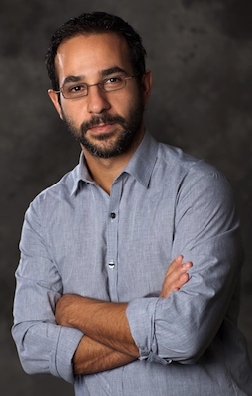
He is the co-recipient of several best paper awards including the joint Information Theory and Communications Society Best Paper Award in 2012. He served two terms as an associate editor for IEEE Signal Processing letters and is currently serving as an associate editor for IEEE Transactions on Information Theory.
He has been named the 2018 recipient of the Information Theory Society James L. Massey award. The award recognizes outstanding achievement in research and teaching by young scholars in the Information Theory community based on the impact of their research in the field of Information Theory as well as their teaching contributions. Prof. Dimakis is being recognized for “contributions to coding for distributed storage, content caching, and decentralized erasure codes” and “excellence in teaching.”
